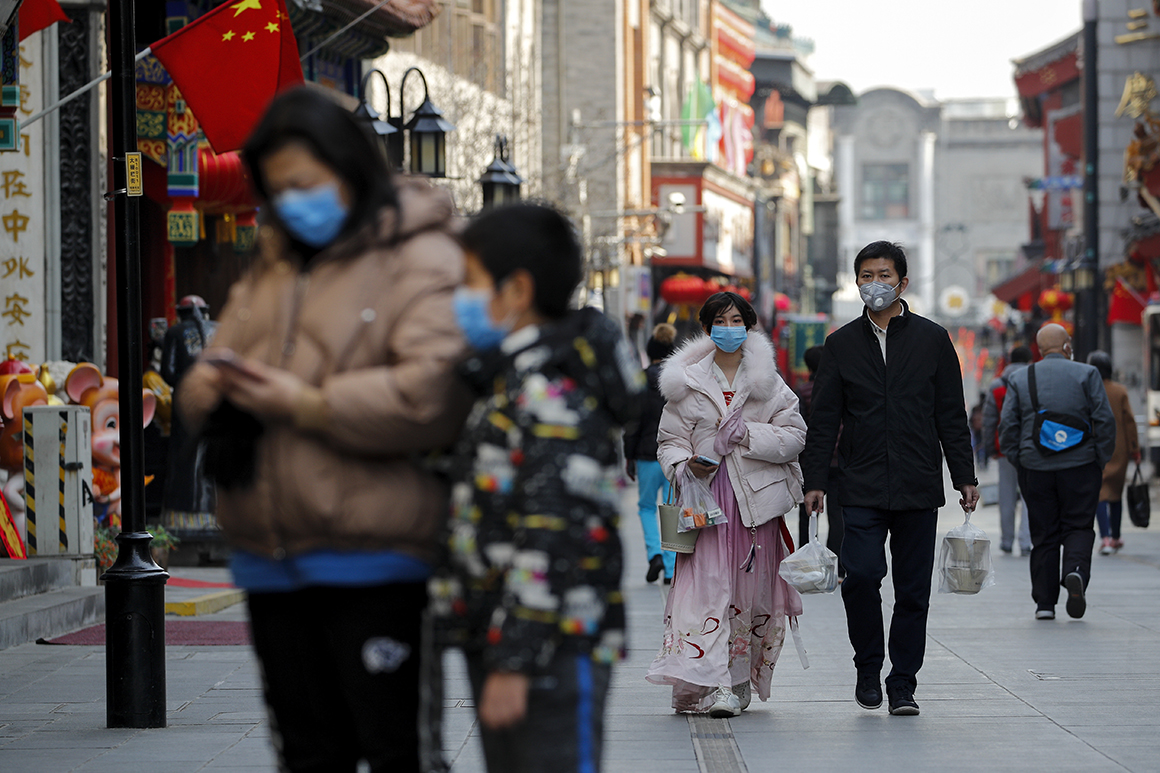Coronavirus: China ‘fully expected’ to meet trade deal terms despite Covid-19 outbreak, top US officials say
South China Morning Post | 26 February 2020
Coronavirus: China ‘fully expected’ to meet trade deal terms despite Covid-19 outbreak, top US officials say
China is taking numerous steps to meet the agricultural commitments made in the phase one trade deal with the United States, according to a statement signed by two top US officials.
The note from US trade representative Robert Lighthizer and Agriculture Secretary Sonny Perdue, released on Tuesday in Washington, comes amid rising questions about whether the rampant economic damage inflicted by the coronavirus outbreak will sharply reduce China’s ability to stick to the terms of the deal.
Without mentioning the virus, which has infected more than 80,000 and killed more than 2,700 people worldwide, Perdue said that he was “encouraged by progress made last week” in meeting the agriculture purchase commitments in the deal and that “we fully expect compliance with all elements of the deal”.
The measures taken by China to meet the terms of the deal include a loosening of import restrictions on American potatoes and pet food products, an end to a ban on US poultry products, and a broadening in the lists of facilities from which the US may export animal proteins, pet food, dairy and infant formula to China, according to the letter.
It also highlights China’s approval of a wide list of seafood products for import and its licensing of various feed additives for import.
While it was not mentioned in the statement, posted to the US Department of Agriculture’s website, China also moved to expand American access to its beef market this week. On Monday, China’s customs office said it had conditionally lifted a ban on beef products that come from American cows older than 30 months.
All of these measures should, theoretically, allow the US to sell more food products to China, but with the coronavirus epidemic placing huge swathes of the world’s second largest economy on lockdown, it is unsure how much demand China will have for such products over the coming months.
“President [Donald] Trump signed the phase one agreement a little more than a month ago and we are already seeing positive results,” said Lighthizer in the statement.
China has yet to make any large-scale purchases as part of the deal, through which it has agreed to buy an extra US$200 billion of US goods on top of the 2017 import level over two years. As part of this, it must buy an extra US$32 billion in agricultural products over two years, despite the fact that this trade largely fell away in 2018 and 2019 due to Chinese trade war tariffs.
In a report earlier this month, China’s ability to meet the terms of the deal was questioned by the US-China Economic and Security Review Commission, a congressional body.
“The ongoing spread of the coronavirus is taking a toll on China’s public health and economy, and may impact its ability and willingness to meet the commitments in the Phase One deal,” the report read.
“The deal includes a clause that calls on parties to enter consultations if ‘a natural disaster or other unforeseeable event outside the control of the parties delays a party from timely complying with its obligations’,” it continued.
This force majeure clause has come in for increased scrutiny over the past month, as large parts of China’s economy ground to a virtual halt after the extended Lunar New Year holiday.
At a press conference in Beijing on Tuesday, a government official said that only one-third of small businesses have reopened following the holiday, which started late-January. While larger businesses have been able to restart production more successfully, it is also estimated that the logistics industry is running at one-third of capacity, meaning goods are lying in warehouses, while imported cargoes are languishing at docks.
Inter-provincial travel restrictions, meanwhile, have meant that China’s agricultural sector
is also taking a major hit as a result of the virus. Many farmers are unable to access requisite animal feed for their livestock, while those who farm for meat have been struggling to sell their produce, with many wet markets and slaughterhouses in China having been closed for weeks.
This, at least, should free up some demand for US goods to enter the market, but the breakdown in trade infrastructure is a significant barrier.
Various US officials have spoken publicly on the trade deal in recent weeks in light of the outbreak.
US Treasury Secretary Steven Mnuchin said in an interview on Monday that he did not expect the coronavirus outbreak to have a material impact on the deal, although that could change as more data becomes available in coming weeks.
Commerce Secretary Wilbur Ross and director of the National Economic Council Larry Kudlow had both previously suggested that the epidemic could boost US job prospects, if it forced manufacturers to leave China and set-up elsewhere. Kudlow also suggested that the virus could hit China’s efforts to buy US products.






